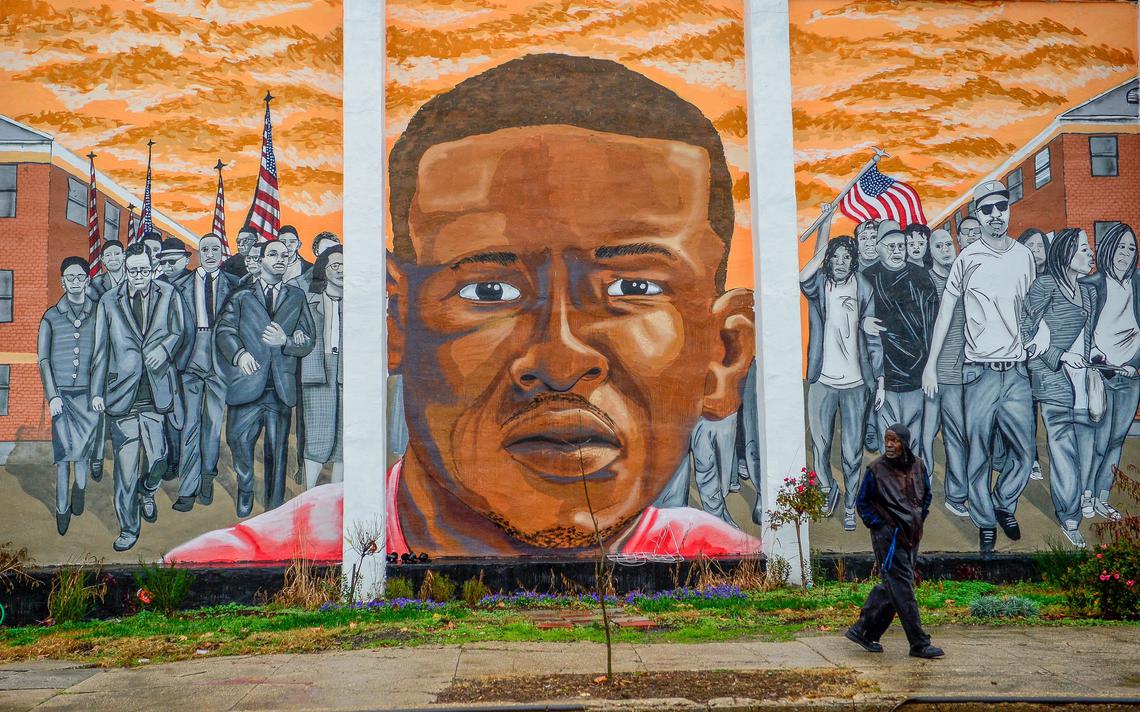As we witness the clashes between law enforcement, People of Color and our broader community, there is an “alarm” going off in our hearts and minds. We remember yesterday’s tears and our history of oppression and injustice. The recent onslaught of police killings in our communities — including Freddie Gray, Eric Garner, Michael Brown, Akai Gurley, and Tamir Rice — have increased racial polarization and discord in our country. These events and the impact they have on race relations and racism highlight our broken judicial system, mass incarceration, racial profiling, and other injustices.
Regrettably, the unbalanced media images and commentary we are bombarded with of the violence and destruction in areas like Baltimore and Ferguson eclipse the larger issue of unlawful arrests, abuse of power, deadly force, and unjust killings by police within Black communities. We must be cognizant of the root causes of such rebellious reactions around the country. As professed by Martin Luther King, Jr., “a riot is the language of the unheard.” Such uprisings (although damaging to the community), are physical manifestations of the rage and frustration related to enduring a longstanding legacy of systemic injustice and racism. They also do not occur in a silo, but against the contextual backdrop of failing school systems, cuts in recreational budgets, joblessness, poverty, unemployment, and other factors contributing to neighborhood disadvantage and disenfranchisement. Our answer to this problem must be multifaceted and involve holding governmental leadership, police departments and media accountable. In addition, we must reach out to youth and other community members to promote productive activism and resistance tactics, and a national response to healing from race-related trauma.
As mental health professionals, we are concerned about the impact of the negative response of the criminal justice system to recent deaths of unarmed African American men at the hands of police officers on the mental health of our people, especially our youth. After one of the stunning inappropriate legal judgments, a young African American woman in a radio interview commented that the situation made her feel like she was considered “worthless” by the larger society. It is incumbent on educators, parents, faith leaders, grass roots organizers, activists and other responsible adults to deconstruct this perception. Our young people and children must learn that they cannot allow themselves to fall into the trap of identifying with those that oppress them. We must build kujichagulia – self-determination in our young people. According to Maulana Karenga, the founder of Kwanzaa, this means we name ourselves, define ourselves, and speak for ourselves, rather than being named, defined and spoken for by others.
We demand greater oversight of law enforcement agencies via special prosecutors or other external bodies. Clearly, allowing law enforcement to continue to investigate themselves is absurd. It perpetuates the current culture that is so often characterized by disrespect for and devaluation of People of Color and our communities. The New York Association of Black Psychologists stands in solidarity with those around the country confronting injustices against the Black community and grieving the loss of precious lives at the hands of police brutality. We must stand united in our quest for dialogue, reform and justice.

